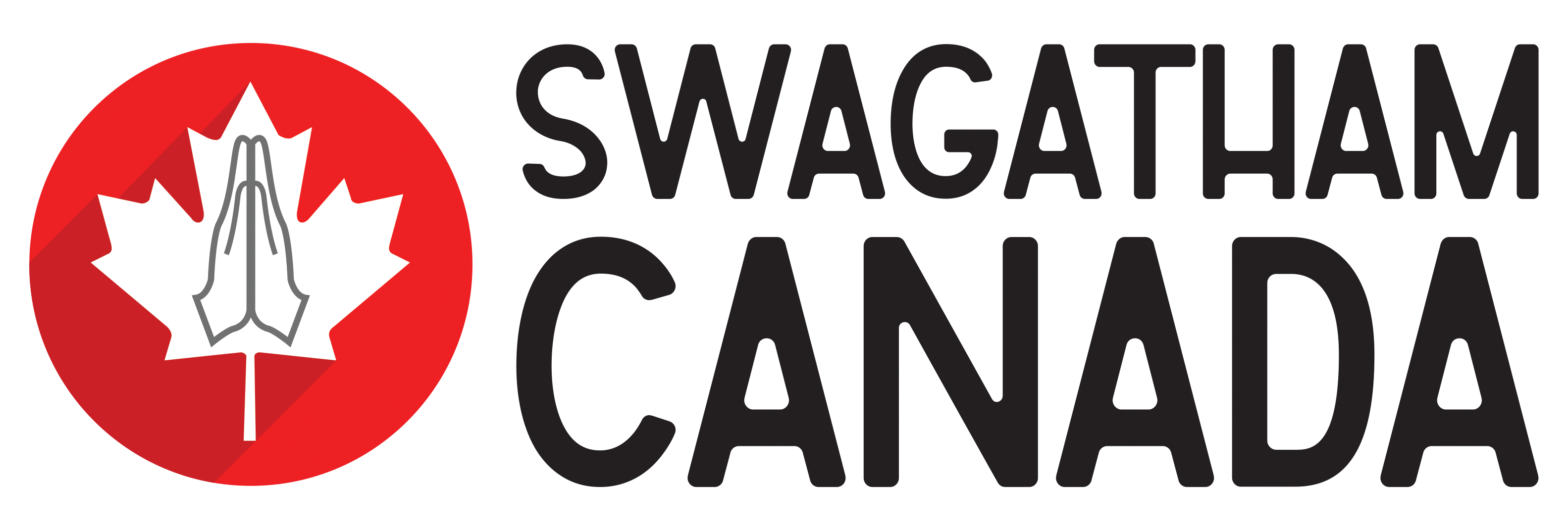The Bank of Canada recently made a significant move by raising its benchmark interest rate by 25 basis points. This hike brings the rate to its highest level in over two decades, indicating the central bank’s concern over an overheating economy and stubbornly high inflation. As a result, many experts predict that another rate increase will follow next month. In this article, we will explore the implications of these interest rate hikes on the real estate market, particularly for new home buyers, home sellers, and investors.
The Bank of Canada’s Monetary Policy Decision
The Bank of Canada’s decision to raise interest rates reflects its assessment of the current economic landscape. Despite being on hold since January to evaluate the impact of previous rate hikes, the central bank acknowledged the persistent nature of excess demand in various sectors. Strong consumer spending, a rebound in demand for services, increased housing activity, and a tight labor market all contribute to the prolonged excess demand. The central bank is concerned that inflation could remain significantly above its target of 2%, prompting the need for further monetary tightening.
Impact on New Home Buyers
For new home buyers, the interest rate hike can have a direct impact on their mortgage payments. With each rate increase, the cost of borrowing becomes more expensive. As a result, new home buyers may face higher monthly mortgage payments, reducing their purchasing power. For instance, a typical mortgage holder with a variable rate loan may experience an immediate increase in their monthly payment. This change can put additional financial strain on new home buyers, especially if they are already stretching their budget to afford a home.
Impact on Home Sellers
While the interest rate hike primarily affects home buyers, it indirectly influences the behavior of home sellers. Higher interest rates can potentially deter some buyers from entering the market or limit their affordability. As a result, the pool of potential buyers may shrink, leading to a decrease in demand for homes. This change in demand dynamics can prompt some sellers to adjust their pricing strategies or consider offering incentives to attract buyers. However, the impact on home sellers may vary depending on the specific local real estate market conditions.
Impact on Home Investors
Real estate investors, particularly those relying on financing for their investments, can also be significantly impacted by interest rate hikes. As borrowing costs increase, the profitability of investment properties may decrease. Higher mortgage rates can reduce cash flow and potentially affect the return on investment. Consequently, some investors may need to reassess their investment strategies, evaluate the feasibility of future investments, or explore alternative financing options to mitigate the impact of rising interest rates.
The Real Estate Market Outlook
The Bank of Canada’s decision to raise interest rates indicates its commitment to controlling inflation and maintaining a healthy economy. However, the impact on the real estate market is not uniform across the country. Local market conditions, such as supply and demand dynamics, housing affordability, and regional economic factors, play a significant role in shaping the real estate outlook.
In some regions, where housing demand significantly outweighs supply, the impact of interest rate hikes may be less pronounced. These areas may continue to experience robust price growth and strong market activity. On the other hand, regions with more balanced supply and demand dynamics may witness a moderation in price appreciation and a potential slowdown in market activity.
Strategies for Home Buyers and Sellers
In this changing real estate landscape, it is crucial for home buyers and sellers to adapt their strategies accordingly. For prospective home buyers, it is essential to carefully assess affordability, taking into account the potential impact of rising interest rates on their monthly mortgage payments. Working with a financial advisor or mortgage professional can provide valuable insights into budgeting and financing options.
Home sellers, on the other hand, may need to be prepared for potential adjustments in their pricing strategies. Understanding local market conditions, including recent sales trends and the level of competition, can help sellers set realistic expectations and attract potential buyers. Additionally, sellers may need to be flexible in negotiations and consider offering incentives to entice buyers in a potentially more competitive market.
Long-Term Benefits of Interest Rate Hikes
While interest rate hikes may initially pose challenges for the real estate market, they ultimately serve a broader economic purpose. The central bank’s objective is to keep inflation in check and ensure a stable and sustainable economic environment. By controlling inflation, the Bank of Canada aims to maintain the purchasing power of consumers and foster long-term economic growth.
Although interest rate hikes can present short-term obstacles, they contribute to a healthy and balanced real estate market in the long run. Moderate price growth and a more sustainable pace of market activity can promote stability and affordability. Furthermore, interest rate hikes can help prevent the formation of real estate bubbles and reduce the risk of a future market correction.
The recent interest rate hike by the Bank of Canada has implications for various stakeholders in the real estate market. New home buyers may face higher mortgage payments, while home sellers may need to adjust their pricing strategies. Real estate investors might experience reduced profitability due to higher borrowing costs. However, it is important to consider local market conditions and adapt strategies accordingly. In the long term, interest rate hikes contribute to a healthier and more stable real estate market. By controlling inflation and maintaining a sustainable economic environment, the Bank of Canada aims to foster long-term economic growth and stability.
For more Real Estate related articles, please visit Real Estate section of Swagatham Canada








